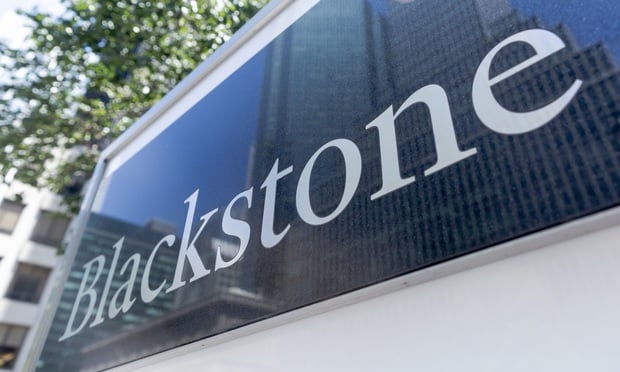When the Centers for Disease Control issued new Covid-19 guidance and said vaccinated people were safe, you'd think that the office space industry would have breathed a sigh of relief. But business is complicated.
"The new CDC guidelines caught everyone by surprise, as it was a marked shift for what the agency had been saying for the prior 12 months," Marko Cerenko, shareholder of Miami-based law firm Kluger Kaplan, tells GlobeSt.com. "Notwithstanding the news, I believe that commercial landlords for the time being will continue to have tenants abide with mask protocols in common areas, such as lobbies and parking garages, while they await further guidance from agencies such as the Dept. of Public Health and others. They will also likely leave it to the tenants to impose their own mask mandates."
There are multiple practical issues. Neither the CDC nor the federal government is the sole voice of authority when it comes to mask mandates. The agency noted that states, local agencies, and even businesses might have their own requirements. While some governments are ending their mandates, not all have.
Recommended For You
Want to continue reading?
Become a Free ALM Digital Reader.
Once you are an ALM Digital Member, you’ll receive:
- Breaking commercial real estate news and analysis, on-site and via our newsletters and custom alerts
- Educational webcasts, white papers, and ebooks from industry thought leaders
- Critical coverage of the property casualty insurance and financial advisory markets on our other ALM sites, PropertyCasualty360 and ThinkAdvisor
Already have an account? Sign In Now
*May exclude premium content© 2025 ALM Global, LLC, All Rights Reserved. Request academic re-use from www.copyright.com. All other uses, submit a request to [email protected]. For more information visit Asset & Logo Licensing.








